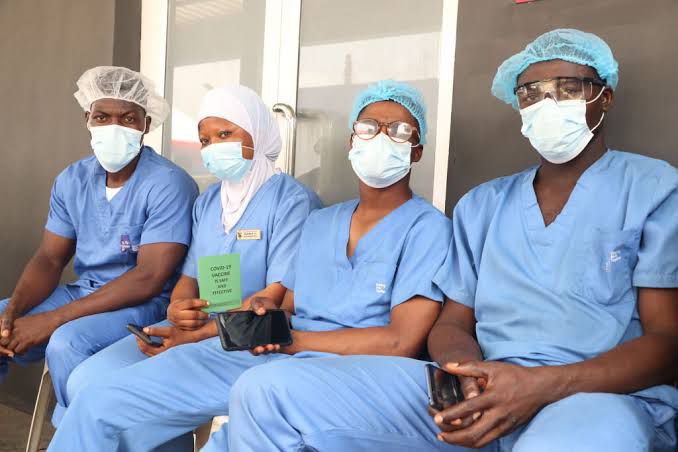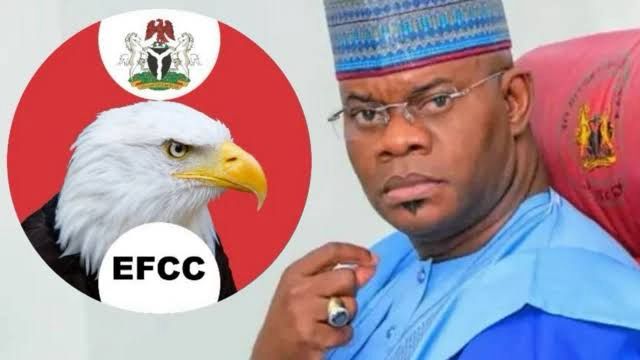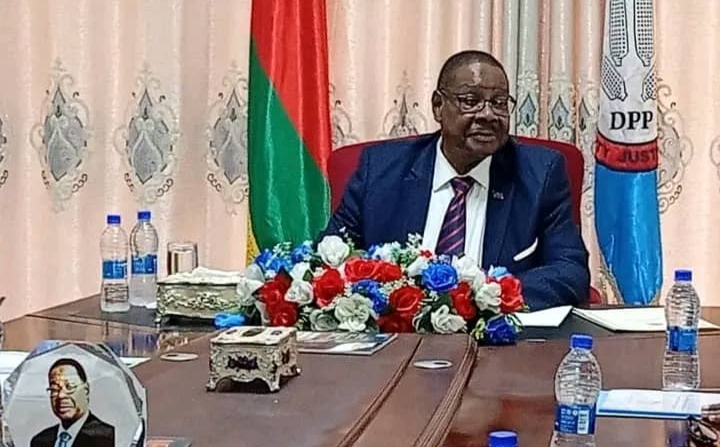Nigeria – Japa: NMA Urges FG To Implement Existing Health Policies To Retain Doctors

By Onoja Baba, Nigeria
The Nigerian Medical Association (NMA) has called on the Federal Government to prioritize the implementation of existing policies, particularly the National Policy on Health Workforce Retention, in order to address the mass exodus of doctors and healthcare workers, often referred to as the “japa syndrome.”
Speaking at the NMA Healthcare and Medical Expo recently held in Lagos, the NMA President, Prof. Bala Audu, emphasized that Nigeria does not need new policies to curb the ongoing brain drain in the health sector but instead must focus on effectively applying the current frameworks.
Audu highlighted that improving doctors’ remuneration, securing their work environments, and providing adequate medical equipment would be essential to retaining healthcare professionals.
“Currently, Nigeria is a major exporter of highly specialized healthcare professionals, including doctors, nurses, and other health workers, to countries such as the United Kingdom, USA, and India. At the same time, we export patients seeking medical care abroad, costing Nigeria $2 billion annually in medical tourism,” Audu said.
He pointed out that the lack of adequate infrastructure and tools in Nigerian hospitals contributes to the migration of healthcare professionals and patients seeking better medical care overseas.
He urged the government to act on the existing policies that address these issues, such as the National Policy on Health Workforce Retention, which includes measures to improve healthcare worker welfare and work conditions.
The NMA president stressed the need for a strategic approach to reverse Nigeria’s health worker migration and the significant loss to medical tourism. Audu further proposed that the provision of adequate medical equipment in hospitals would reduce the pressure on professionals and improve patient care locally.
The leadership of the NMA also advocated for more public-private partnerships (PPP) to enhance sustainability and efficiency in the health sector. Dr. Benjamin Olowojebutu, the 1st Vice President of the NMA, expressed optimism that partnerships with private institutions could address many of the challenges facing Nigeria’s health system.
“We have private hospitals in Nigeria performing advanced procedures, such as kidney transplants and cardiovascular surgeries, that attract patients from neighboring countries. This is the potential we need to harness,” Olowojebutu said.
In August, President Bola Tinubu approved the National Policy on Health Workforce Migration to tackle the migration of healthcare workers.
According to the Coordinating Minister of Health and Social Welfare, Prof. Muhammad Pate, the policy provides a comprehensive strategy to manage, harness, and reverse the exodus of health workers, reflecting the government’s commitment to strengthening the country’s healthcare system.
categories
recent posts





